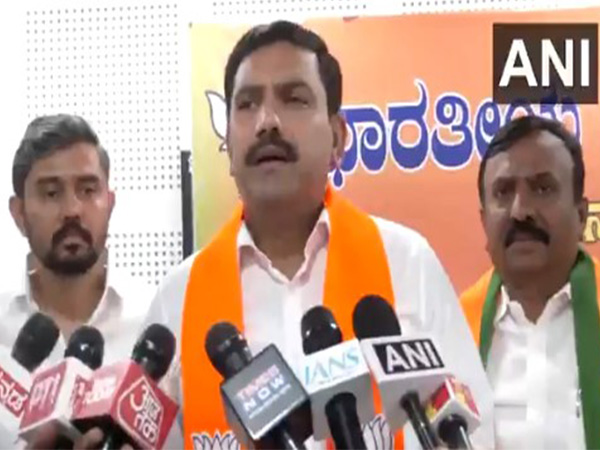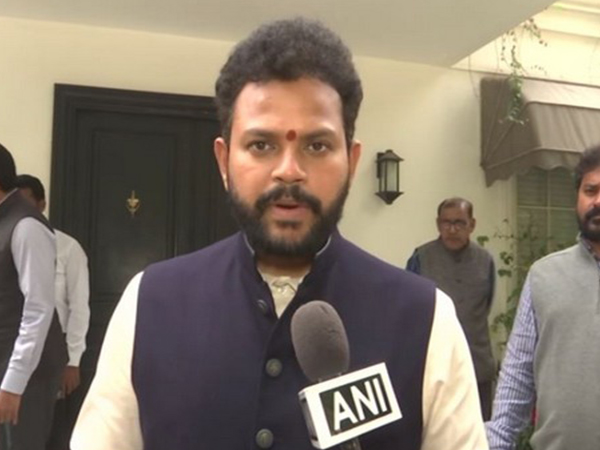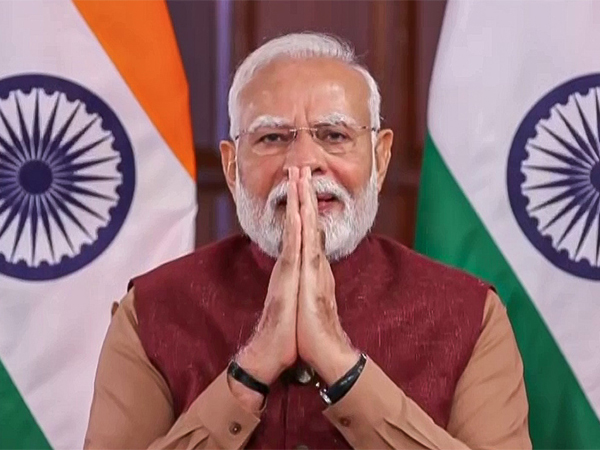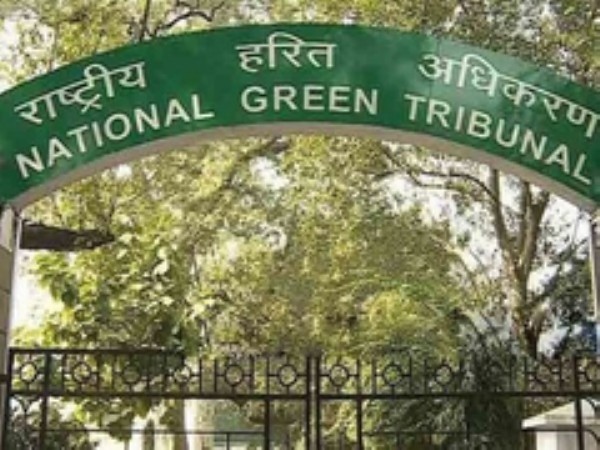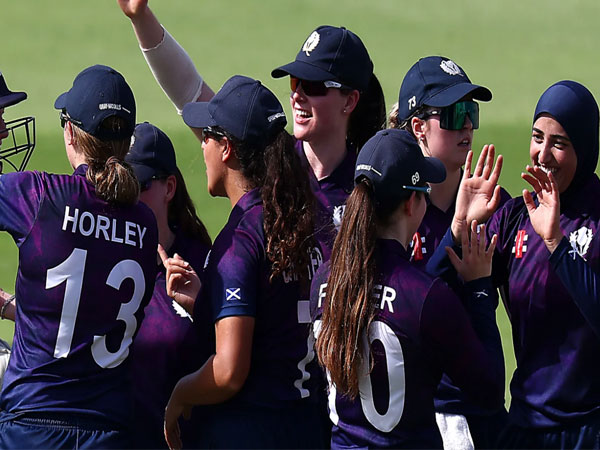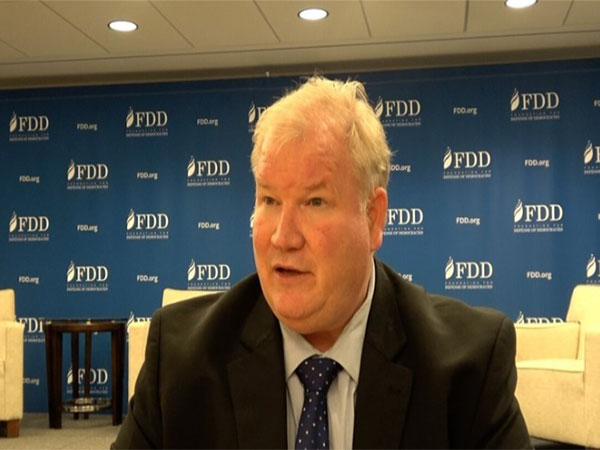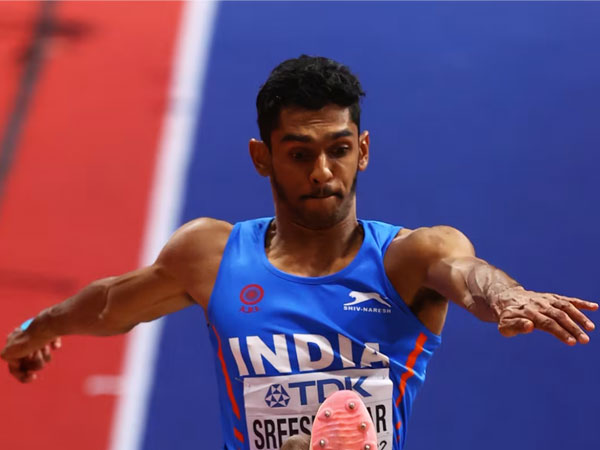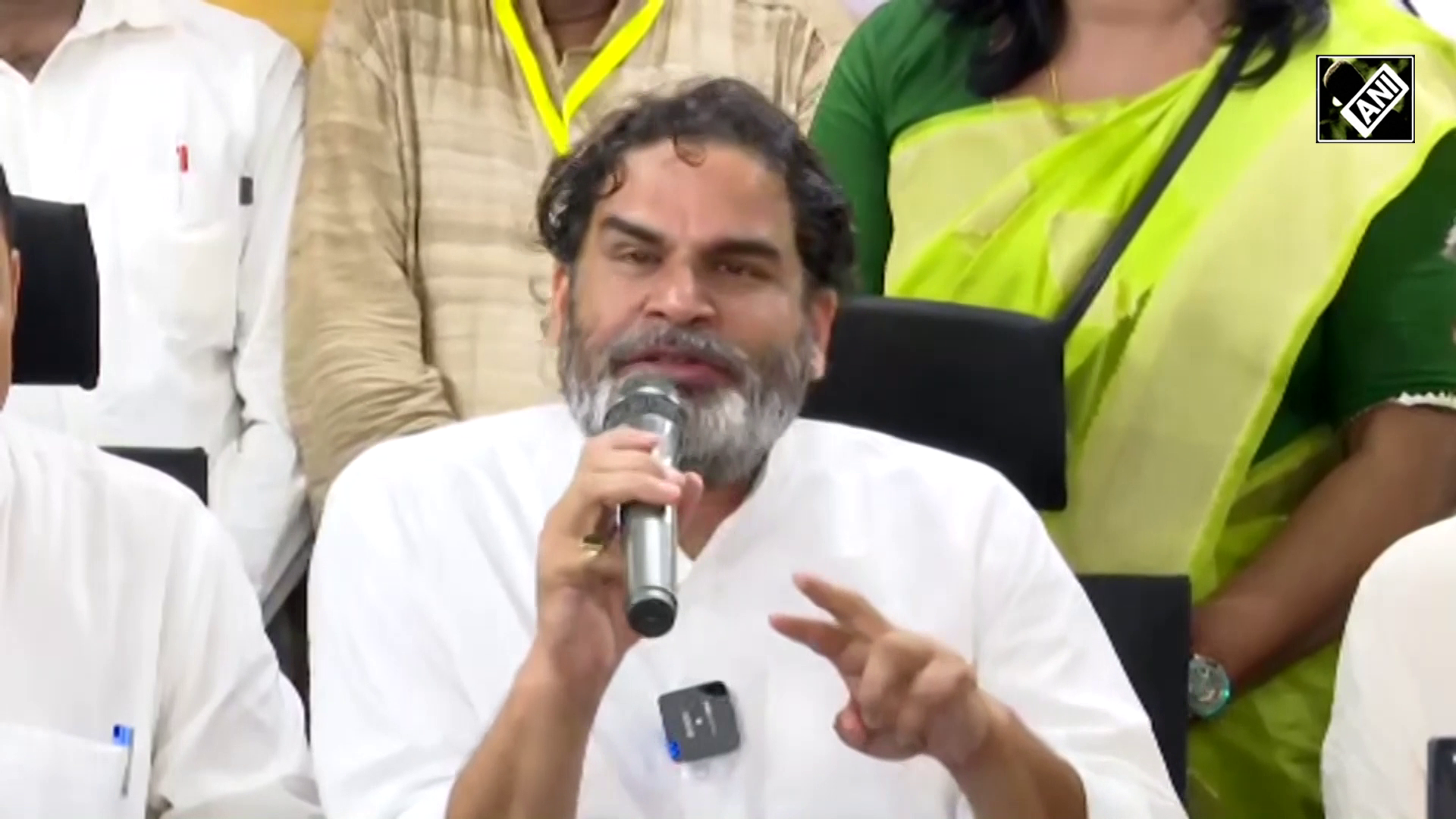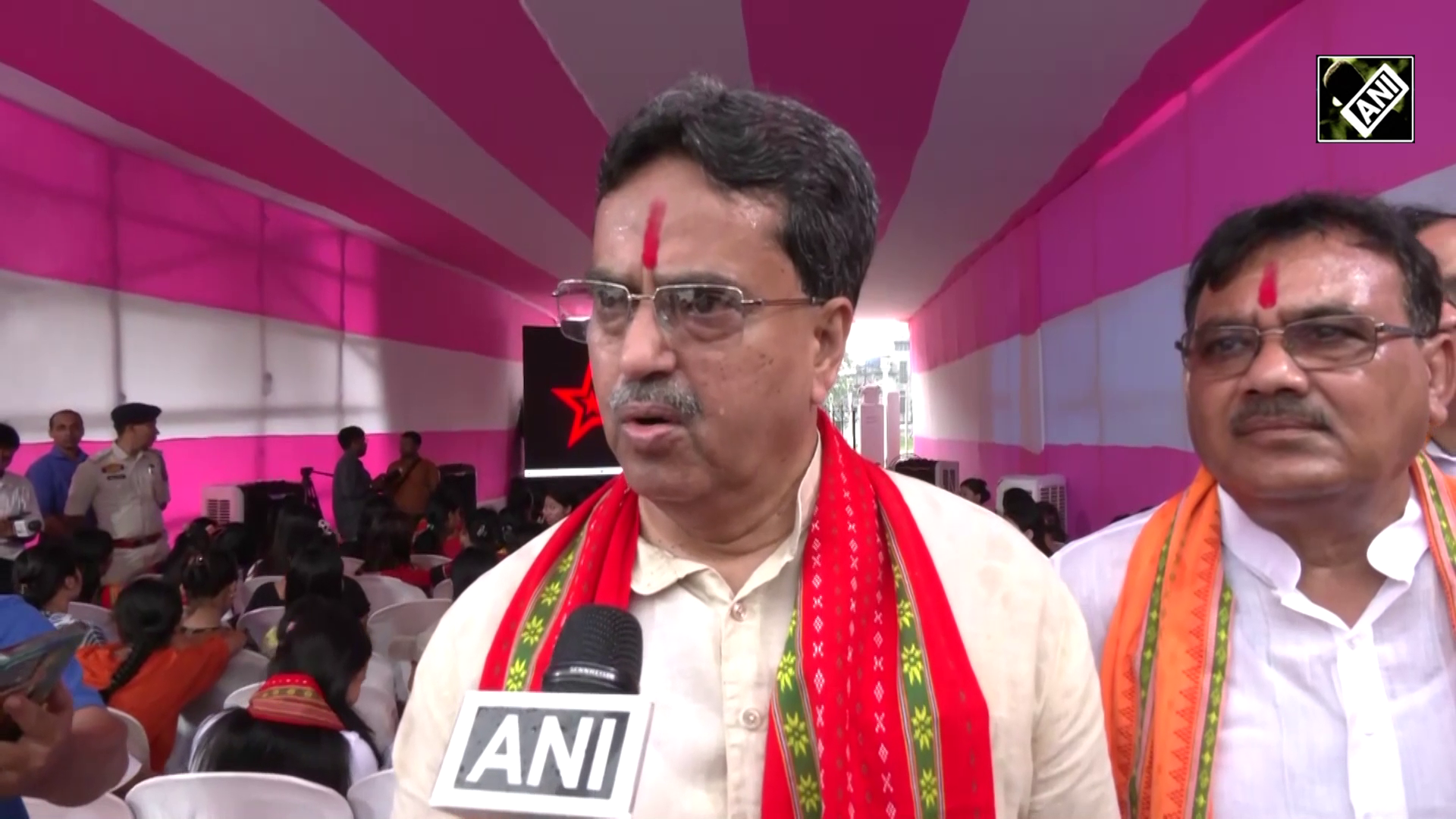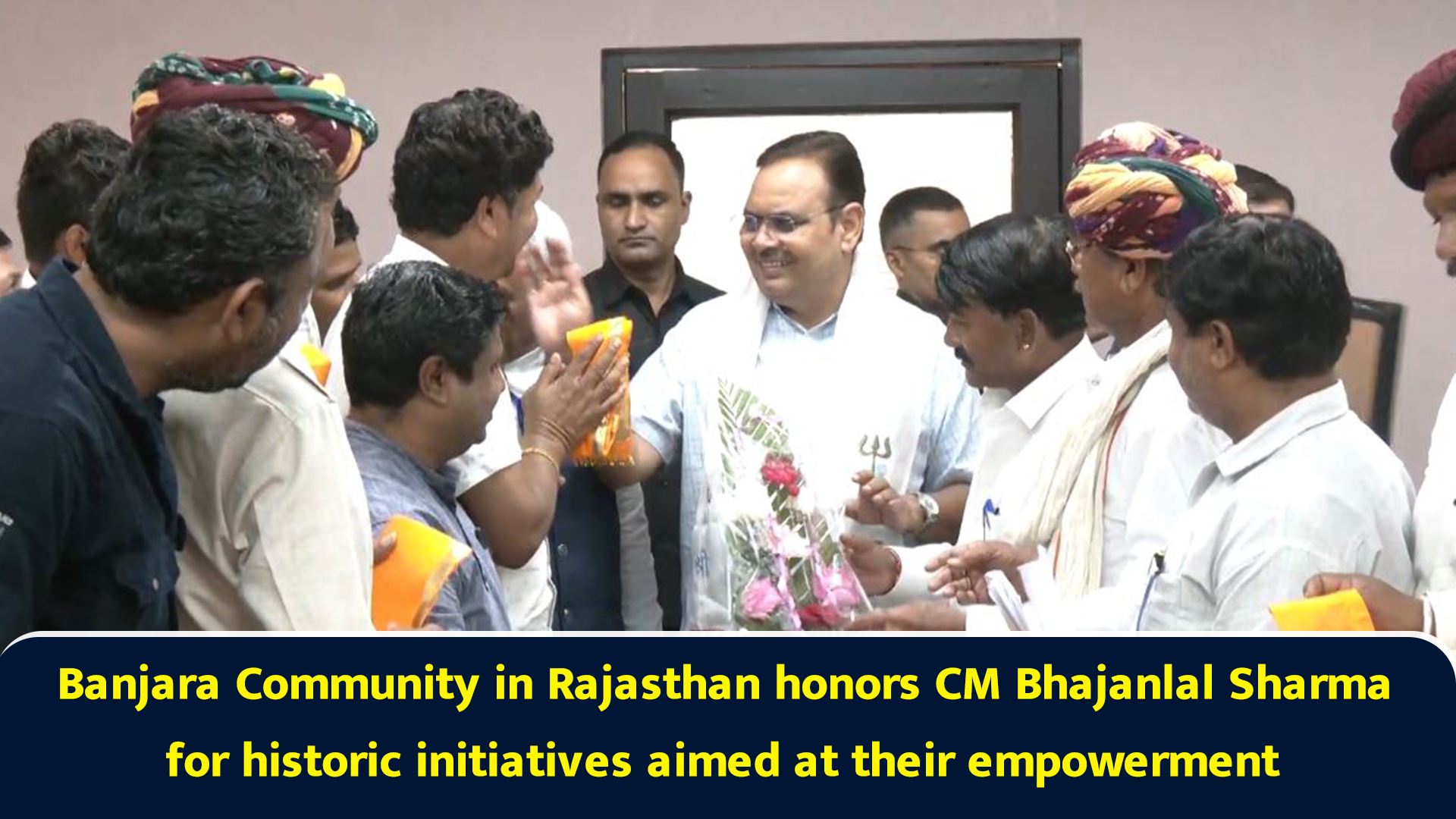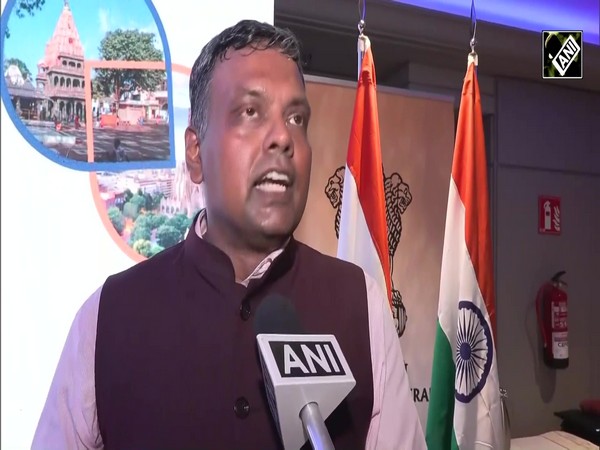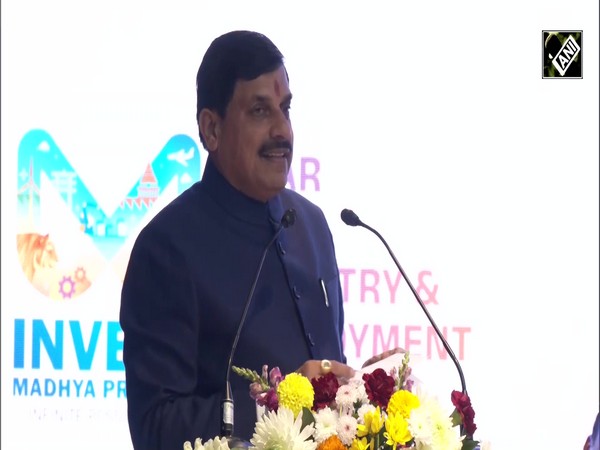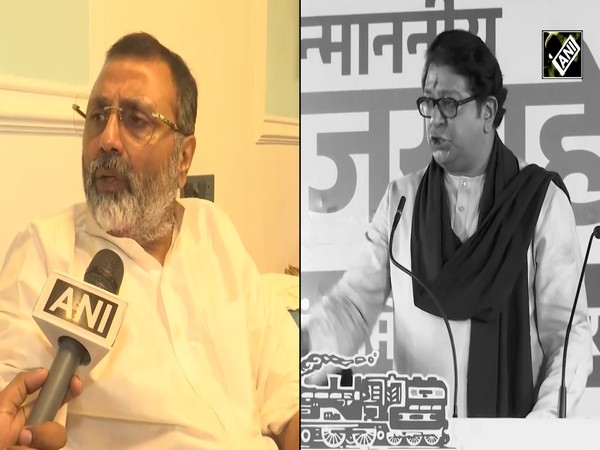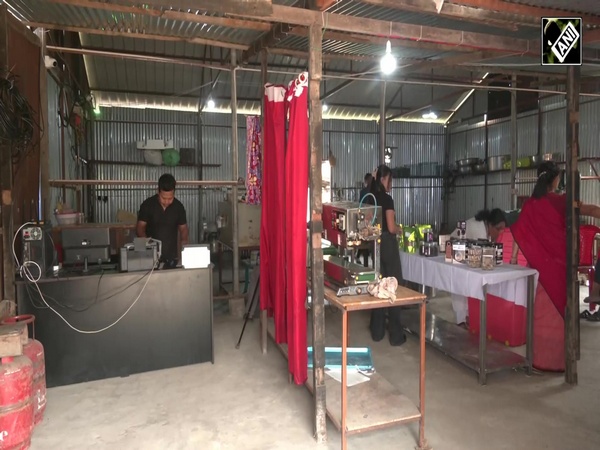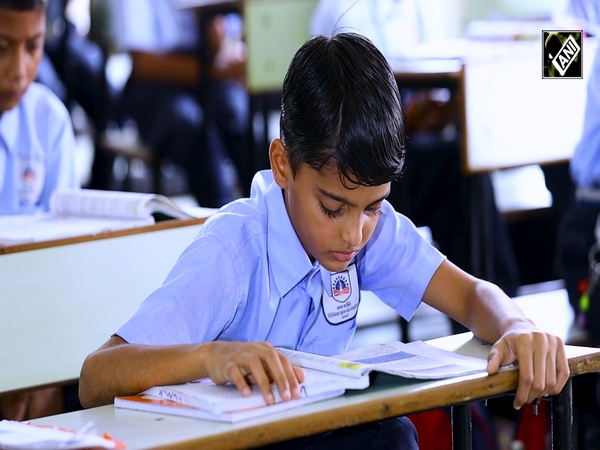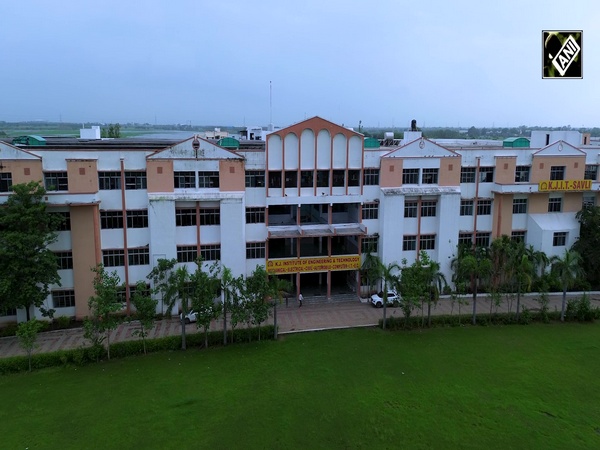Pandemic is both a challenge and an opportunity to re-imagine education: Delhi HC
Sep 18, 2020

New Delhi [India], September 18 : Asserting that the decisions taken by the government and authorities will have a lasting impact, the Delhi High Court on Friday noted that the COVID-19 pandemic is both a challenge and an opportunity to reimagine education and directed schools to provide gadgets and internet to economically weaker section (EWS) students to attend online classes.
A division bench of Justice Manmohan and Justice Sanjeev Narula said that the Section 3 of the Right to Education Act, 2009 stipulates that every child irrespective of his/her financial status is guaranteed the right to free and compulsory education and no child including those belonging to EWS/DG shall be prevented from pursuing elementary education over fees or expenses.
"However, Section 8(a) excludes fee-paying parents from getting any financial support from the state. Consequently, according to the Right to Education Act, 2009, differential access to Education amongst fee-paying students is permissible," the bench noted in its order.
The bench also said it sincerely hopes that students are able to experience the joy of schooling with friends and classmates in physical classrooms soon.
"Private schools have opted to hold virtual classrooms. The children from economically weaker sections may not have the means to join such classes. The digital divide in our country is a known fact and is indeed interconnected with economic disparity," the order said.
The bench said that conducting classes exclusively through video conferencing mode inevitably leads to the creation of a huge gap and added that this imbalance in the imparting of education due to the nonavailability of gadgets, internet connectivity and modes of access, has the potential of pushing the less-fortunate children outside the education system altogether.
"The present pandemic is both a challenge as well as a generational opportunity to re-imagine education by removing connectivity barriers and related equity gaps and take a quantum jump by assimilating and incorporating the latest technology that helps in providing and delivering quality education. The new initiatives could even bridge the digital divide between different schools and between fee-paying and non-fee-paying students that has become evident during the COVID-19 crisis," the order said.
"If the poor and needy do not have access to digital education and if the State does not come forward to provide the much-needed access to the digital education for the disadvantaged sections, the dreams of the founding fathers of the constitution would be in jeopardy," it added.
The Bench said that according to many thinkers, the world would be divided by technology not by ideology in the near future and added that the initiatives and decisions that Centre, state governments and local authorities take now will have a lasting impact on hundreds and millions of young people and on the development prospects of India for decades to come.
"It has been wisely said that education is the passport to the future. But what if some passports are better than others, giving the holder access to a better mode and method of education and in turn, a more prosperous future. Inequality in education has been around long before Covid-19, but the pandemic has exacerbated the same by adding another strand/element to it, namely, the digital divide," the order said.
The High Court noted that the "unparalleled education disruption" from the COVID-19 pandemic is far from over, and added that despite the lapse of nearly six months, the Centre and Delhi government are yet to announce a date for reopening of classrooms for elementary schools.
Apart from telling unaided private schools and government schools like Kendriya Vidyalayas and others to provide gadgets and internet package to EWS students, the bench also directed the constitution of a three-member committee within a week to frame a Standard Operating Procedure (SOP) for identification of gadgets and internet service provider for the same.
The order came on a petition, filed by NGO Justice For All through advocates Khagesh B Jha and Shikha Sharma Bagga, seeking directions to provide laptops, smartphones with a high-speed internet connection to EWS students to attend online classes.
